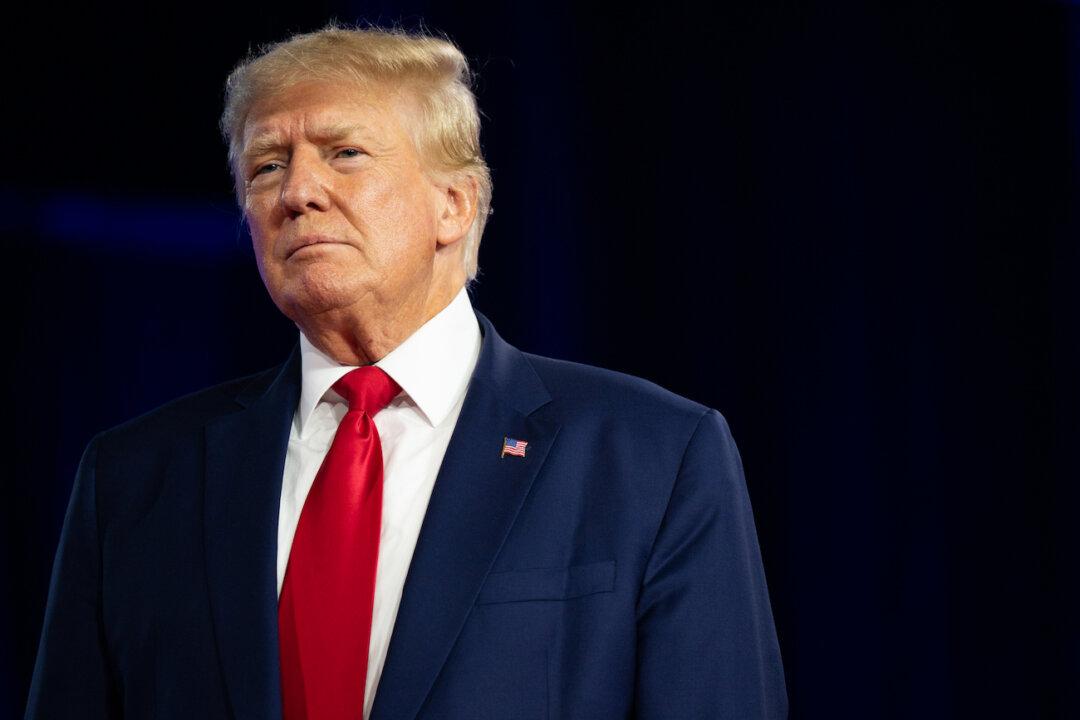The Pulitzer committee is yet to respond to a media watchdog’s scathing review of multiple media outlets’ coverage of the now-debunked Trump-Russia collusion narrative.
The Columbia Journalism Review spent 18 months looking back on the press coverage of the former president in a report published on Jan. 30, and took aim at a number of publications, including The New York Times and the Washington Post for their coverage of what became widely known as “Russiagate.”




